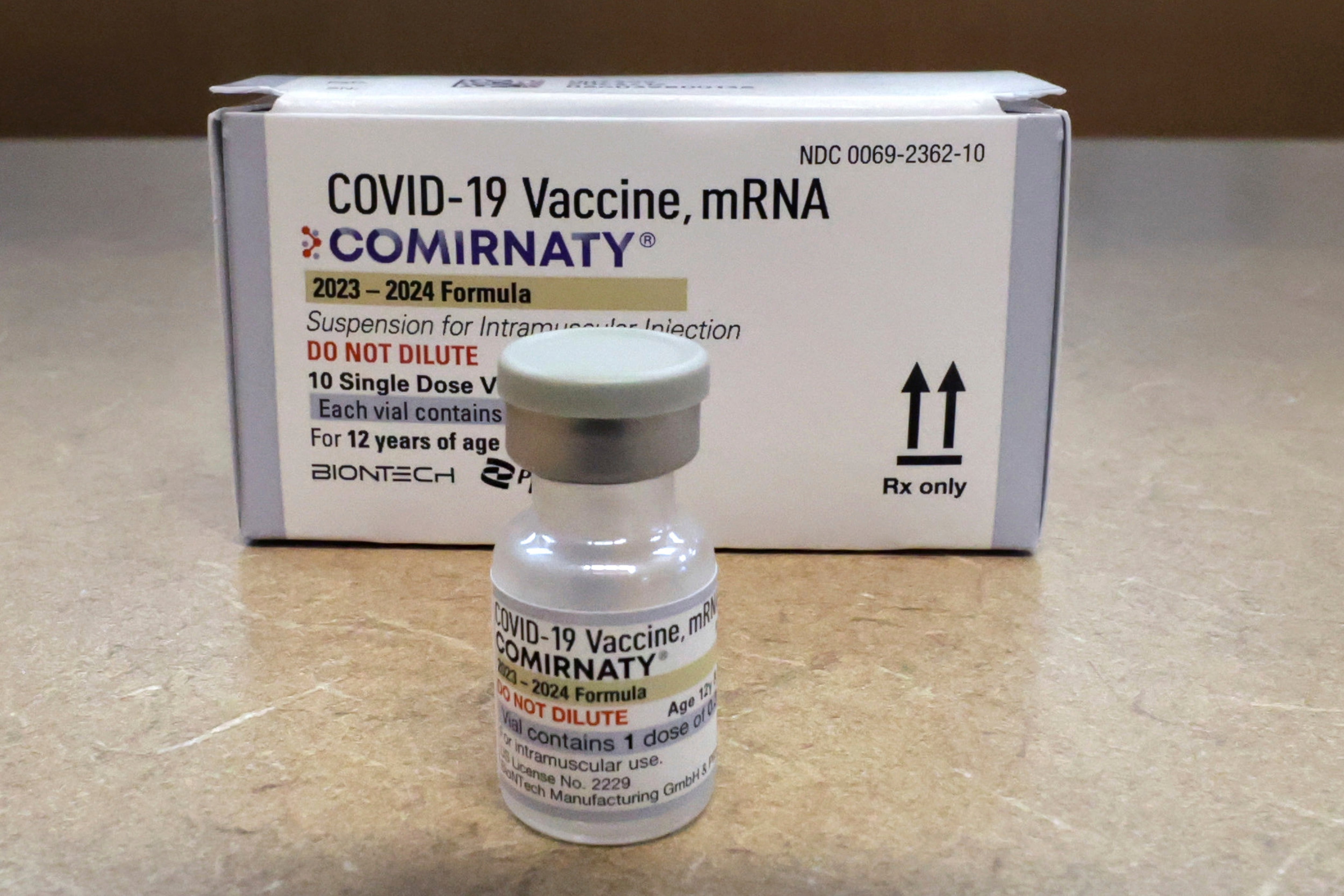Listen, there are a lot of benefits to military service. There are so many the military actually hires people to explain them all to you. But chances are good this information was in a handout packet from your Transition Assistance class you didn’t read.
Luckily, I’m going to give you a quick and dirty rundown of the major points. It would behoove you to go seek out the details of these benefits, since they cover basic needs that people will need their whole lives, like income, housing, work and things like that, since your mama and Uncle Sam aren’t footing the bill anymore.
The first thing you need to do is file a claim for your VA benefits. The second thing you need to do is keep following up on it. Based on your submission and the VA’s subsequent (likely terrible) review of your records and a physical exam, the VA will designate a disability rating for you and assess if any of your chronic conditions are a result of your military service. If they find a condition like that, they call it a “service-connected disability” and will take care of that condition for the rest of your days. If they find enough things wrong with you that are related to service, they’ll just take care of all of you for life. You will also get a check in the mail every month to help ease your pain.
See how important that is? So you are strongly advised not to go through this process by yourself. Once you give up your military medical records, you will likely never see them again so you should photocopy everything and fill out your VA disability claim with an expert. Many Veterans Service Organizations (Like the American Legion) are more than just old guys sitting around drinking beer in the middle of the day. They can connect you with someone who can shepherd you through this process. If you do nothing else, take the time to do this right before you go to that new job or start school.
Now, if you decided more education isn’t for you, that’s okay. Be sure you transfer those G.I. Bill benefits to your spouse or children, though. But if you’re six months away from your discharge date, you still need to get moving. It’s time to find a job for yourself. By now you should at least have a post-military career resume squared away and know what field you want to go into. If you’re looking to go into government, you’re in luck, the government’s veterans preference policy gives you an edge over other applicants. Governmental agencies are required by Congress to weigh their applicants with this preference.
Not everyone automatically gets veterans preference. There are even different levels of it. You also need to be discharged under an honorable or general discharge, so I hope you kept your nose clean. You get a ten-point preference if you have a service-connected disability with the VA or were awarded the Purple Heart. You have a five-point preference if you are authorized to wear a campaign or expeditionary medal. There are actually a few gray areas and exceptions to these rules, so be sure to actually look up the details before you start applying.
The next thing we need to talk about isn’t something everyone in the military just gets, but it can be clutch when finding a job if you do have it: your security clearance. Chances are good that somehow the military actually trusted you with sensitive information. Lucky you.
If your military career required a security clearance and you want to do the same job as a civilian, you’re still gonna need it. Even if you’re looking to work in another field but still need a clearance, that clearance is going to save your new company time and money in hiring you, and they know it. So don’t go crazy after your last day in the military and lose that clearance. You can still pull stupid stunts when you retire from your $200,000/year aerospace defense job, so don’t risk it all now.
That’s not even the biggest benefit. There is one benefit so powerful as soon as you activate it, your phone will not stop ringing and your email inbox will explode: the VA Home Loan. The VA guarantees part of these loans, making them so attractive to lenders, they’ll throw themselves at you like you’re a female deployed to a tent city. If you’re smart about this, you’ll know exactly what kind of interest rate you want and how much you can afford. Do your research and get the right loan, the banks will take your money but they won’t do the legwork for you.










